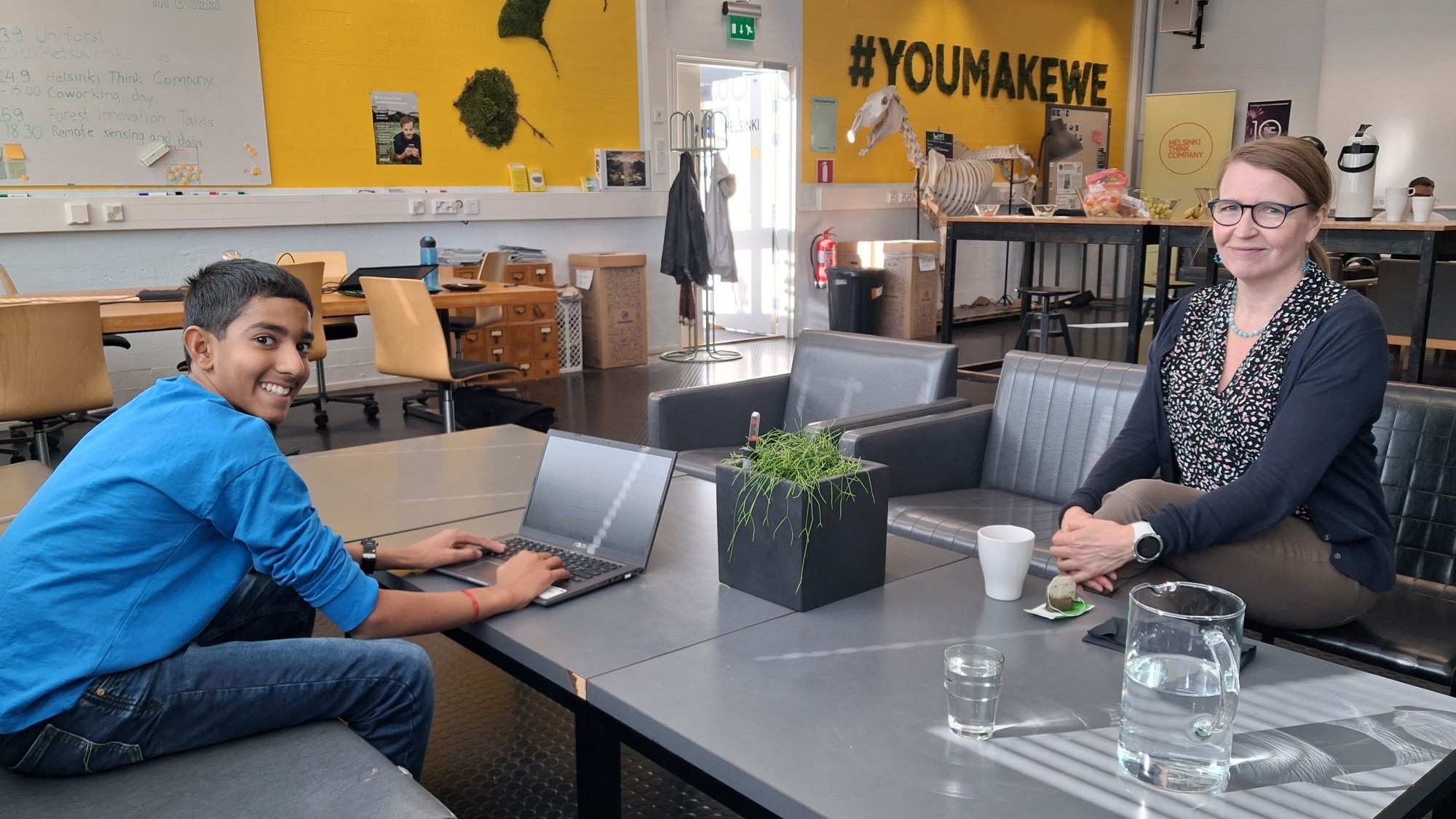Game accessibility is a contemporary phenomenon aiming to design and modify video games playable for all, despite their abilities or disabilities. Often, this means utilizing third-party hardware solutions like adaptive controllers or screen-readers and built-in accessibility settings such as color-blindness filters or customizable controls. Indeed, 65% of respondents used built-in accessibility settings according to our survey. The game industry is slowly realizing the importance of game accessibility. Unfortunately, many upcoming games still lack crucial accessibility features preventing a significant part of players from playing the games. Why is game accessibility a big deal, especially regarding game equality?
Playing is as popular as ever and people all over the world use games to form connections, socialize, experience emotions, and challenge themselves. Consequently, gaming is widespread societal phenomenon uniting players from all demographics. In this equation, disabled players are not a mere minority. An estimation from 2019 indicated that there were 2.5 to 3 billion active players. Of these, at least a third experiences disability affecting their playing of games. Another survey found that 30% in the US and 20% in the UK players identify as disabled.
However, a large portion of disabled players encounter constant barriers preventing their playing due to the lack of reliable game accessibility. According to our survey, 91% of the respondents agreed that disability affects their playing and 50% disagreed that the games are currently accessible for them. On the contrary, 70% agreed that they would play more if the games would be more accessible. As such, disabled players are often excluded from participating in the vastly popular game culture.
I can’t participate in the game culture as much as I would like because I simply can’t play the games I’m interested in.
Although the inequality in playing and participating in games may seem like an insignificant issue, the fact is that many hobbies and events are inaccessible, so games can be the few activities disabled people can even practice – if game accessibility is properly implemented. Moreover, emergent game accessibility could encourage the game industry to hire disabled people to provide first-hand expertise and lived experiences for crafting games more accessible and diverse. The employment rate of disabled people has been historically notoriously low as, for example, in Norway and UK under half of the working-age disabled people and in Finland only 16 percent of working-age people with intellectual disabilities are employed. The inequality of employment could be alleviated by the game industry which has effective communication tools and a common option to work remotely.
Finally, it isn’t only the poor game accessibility that maintains the inequality in gaming. Since gaming happens partly online, disabled players often place themselves under the scrutiny of other players. Especially in competitive games, there’s a high risk of a toxic environment where the slightest cue of distinction from the heteronormative able-bodied male gamer can cause disregard, ridicule, or even vitriol and abuse. In such situations, disabled players can try to find peers to play with, attempt to mask their disabilities, quit playing, or succumb to hate.
However, in my early teens, I learned the hard way that it’s not a good idea to tell about your disability in gaming communities, which mainly consist of strangers. Therefore, the people, with whom I spent a considerable amount of my free time as a youngster, while playing multiplayer games, don’t know about my disability even today, and our friendships didn’t extend beyond the game world. I believe that I might have befriended some of them outside of the game, and still interact with them, if I wouldn’t be disabled.
Fortunately, the tide is changing as the reckoning of accessibility. With the help of disability charities and organizations, accessibility advocates, and disabled communities, the future looks brighter and most importantly more equal for all players.
I've managed to find 3 games I can play as a blind player. So it's better than nothing but there could be so much more and we need to do better I'm the future. But we are getting there slowing with raising awareness
Playing Digital Games as a Disabled Person survey was conducted in the spring 2022. The data analysis of 93 relevant answers has been started. The presented perces and quotations are based on the collected data.
The writers are from TACCU Tampere Accessibility Unit.
https://research.tuni.fi/taccu/
----------------------------------
Gam-e-quality Hackathon
Hackathon focused on inclusivity and accessibility in gaming, held at Maria 01, 10-11 + 17 June 2022.
Apply to take part before Sunday 5 June 23:59 at gamequality.fi





.png)
.png)
























%20(1)-min.jpg)





























.png)


















.jpg)













